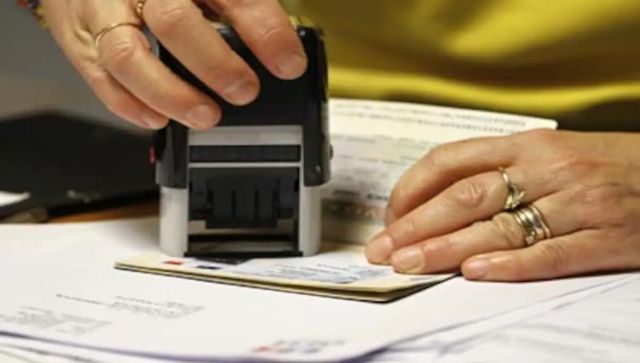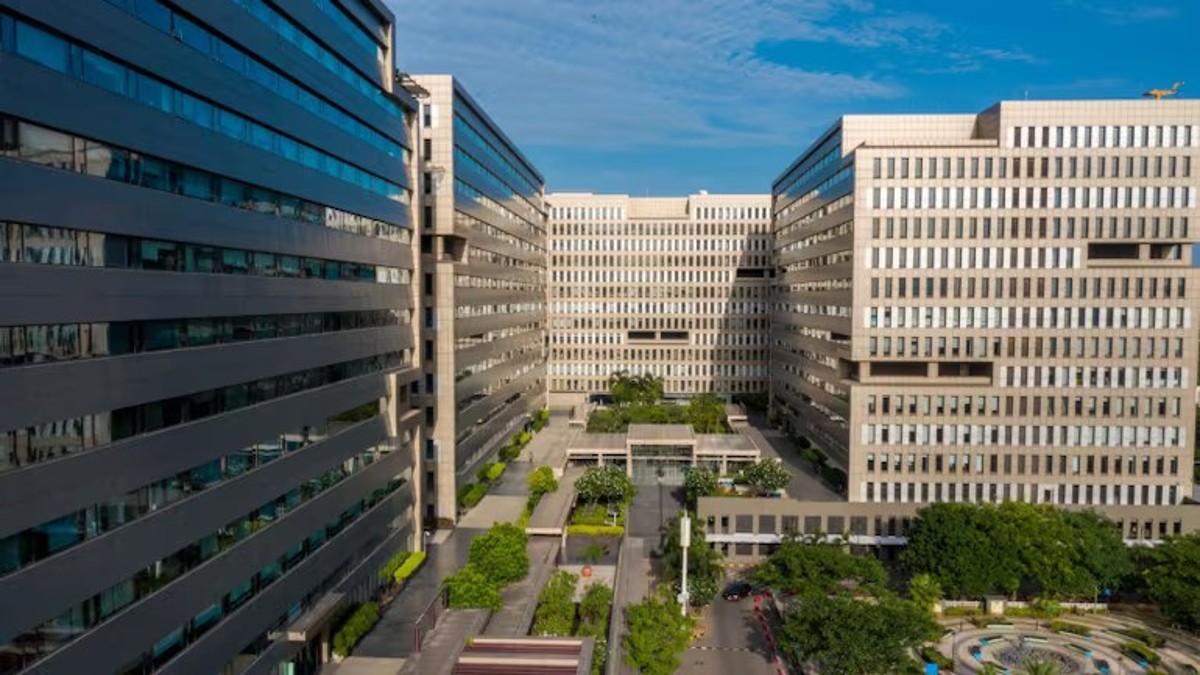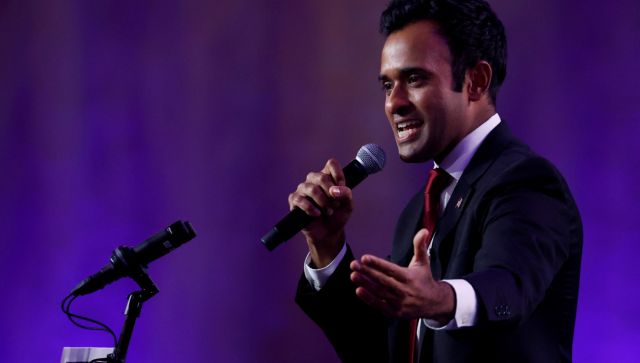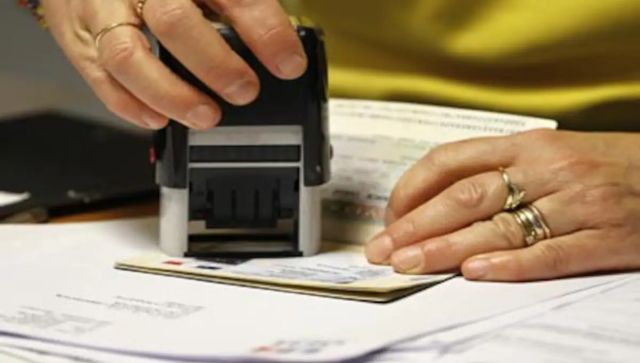New York: The US-India Business Council and Nasscom which represents India’s technology sector, which clocks in nearly $100 billion in annual revenue, are spearheading a lobbying push to kill complicated and restrictive provisions for H-1B and L-1 visas in the Senate Gang of Eight’s new US immigration bill.
The Senate Judiciary Committee on Thursday began debating more than 300 amendments filed on a sweeping immigration bill struck by a bipartisan group of senators known as the Gang of Eight. The Senate Judiciary Committee will vote on the amendments over the course of several hearings, and those changes will decide whether the immigration bill can satisfy the full Senate, a skeptical House of Representatives and President Obama’s administration.
India is disappointed that the immigration bill creates more H-1B and L-1 visas but then makes them harder to use with new government rules and wage fixing. Nasscom has hired high-profile lobbyist Barbour Griffith & Rogers to make India’s case on the Hill.
“There are some vested interests that are trying to put restrictions around Indian companies, so that they earn some commercial advantage out of it. We want to press hard to ensure that such restrictive clauses in the bill are suitably modified to ensure a level playing field,’’ Som Mittal, president of Nasscom, told reporters.
The Gang of Eight’s proposal that was debated in the Judiciary Committee on Thursday expands the annual H-1B visa quota over several years to as high as 180,000 (plus 25,000 graduate-degree exemptions) from a paltry 85,000. This is much needed given that the H-1B quota this year was oversubscribed in less than a week. After being swamped with 124,000 applications in five days, the US government resorted to a lottery to fill its 85,000 visa slots.
The high-skilled portion of the bill promises to not only increase H1B visas but to also grant a green card for residency to anyone who completes a postgraduate degree in science, technology, math or engineering from a US college and is sponsored by a US company. It could be a windfall for Indian students who typically come to the US in large numbers to study in the STEM fields.
The bad news is that the proposal is so loaded with new bureaucratic red tape that many Indian companies will find it difficult to use H-1B or L-1 visas. Companies such as Infosys, Wipro, Cognizant and Tata Consultancy Services rely heavily on H-1B visas, to allow Indian staff to work on projects in the US. But the proposed reforms limit fundamental elements of their outsourcing business models. It could potentially force IT companies to hire thousands of new American employees or make acquisitions to ramp up American staff.
The killer provisions for Indian companies
Firstly, a company with more than 15 percent of its workforce on H-1Bs will be restricted from placing H-1B workers at the offices of their clients, an approach used by nearly all Indian IT services groups.
Secondly, the proposed legislation suggests that from 2016 any company with more than half of its staff on such work permits will be forbidden from applying for more visas, effectively creating a cap on temporary immigrant staff.
Thirdly, the bill requires that companies that want to utilize an H-1B visa advertise for 30 days for a US worker and then attest under threat of legal penalty that no “equally qualified” American could be found to do the work.
Fourthly, seeking to prevent undercutting American salaries, the bill would require H-1B workers be paid more than under current law, and impose steep fees of $10,000 per visa on big companies with more than half of their staff on H-1B visas.
Going nuclear with lobbying push
The US-India Business Council (USIBC) is pressing for changes to the proposed measures. It engaged the politically well-connected Patton Boggs law firm which has a billing rate of $495 an hour to lobby US lawmakers on the Indian nuclear deal.
“We are deeply concerned about aspects of the negotiations that have been reported in the press that could actually hinder US innovation, growth and competitiveness, as well as do serious harm to US-India relations,” USIBC president Ron Somers said in a letter to the bill’s chief negotiators.
“Particularly targeted by the proposed restrictions would be global IT services companies headquartered in India, which are in fact enabling American companies to remain globally competitive,” added Somers.
When the India-US civil nuclear energy deal moved through Congress the halls teemed with Indian Americans, private lobbyists representing India and US business which also mobilised over the nuclear deal. They sustained a massive lobbying effort to keep the Indian nuclear deal on track and on a blue streak. They are hoping to run a similar campaign to press for changes in the current immigration bill.


)




)
)
)
)
)
)
)
)